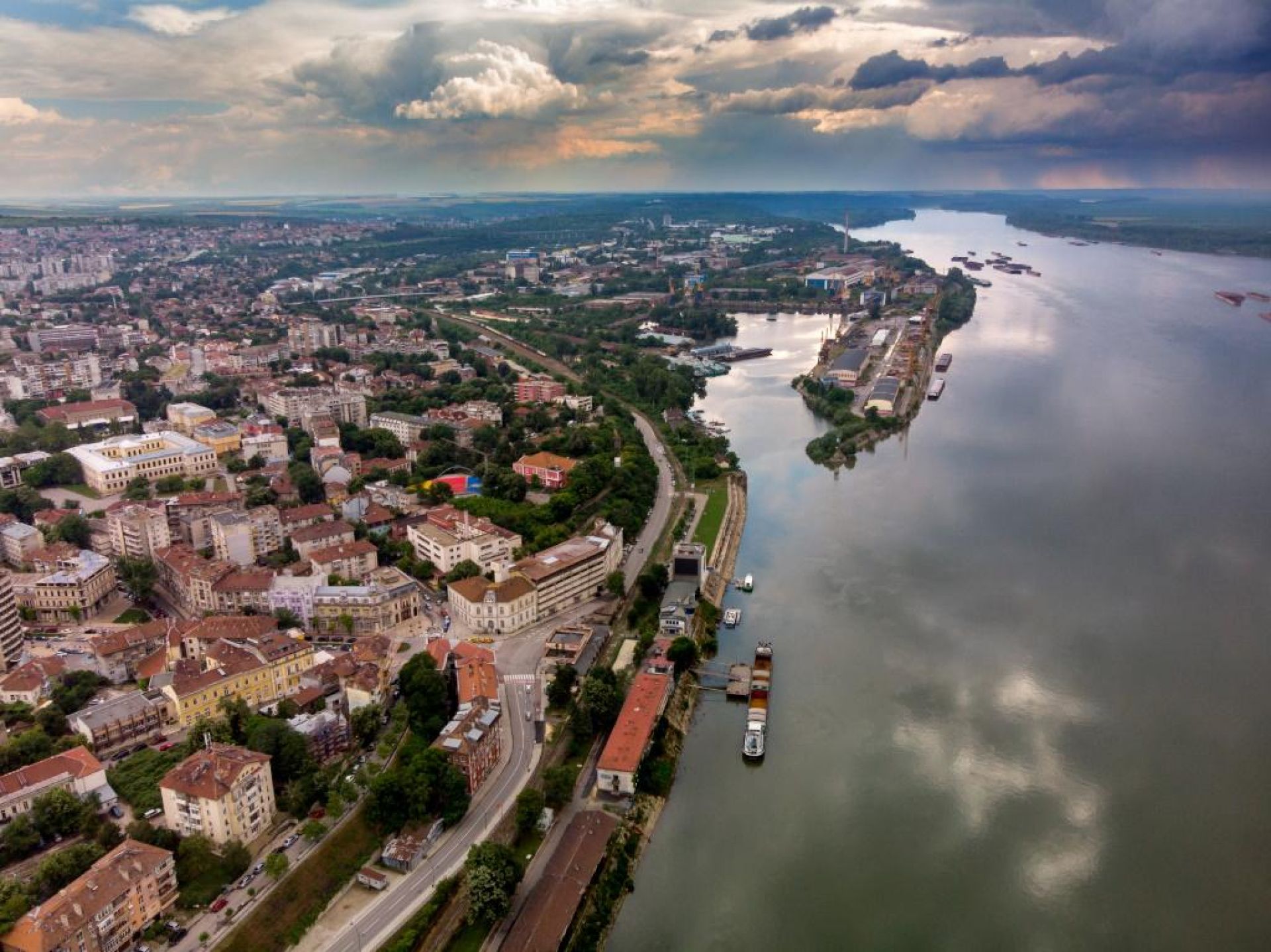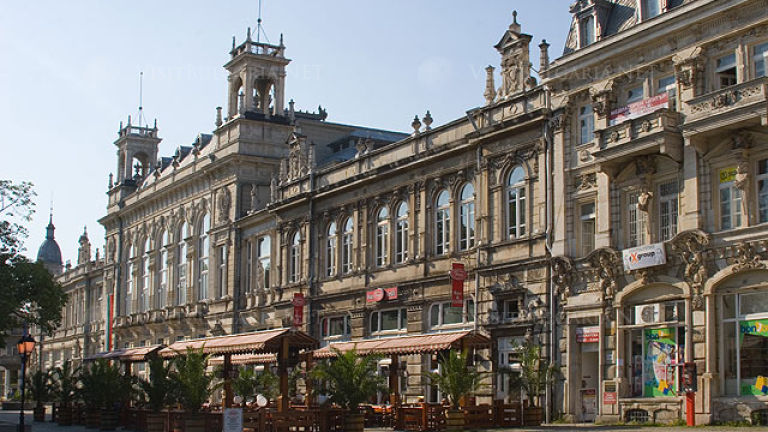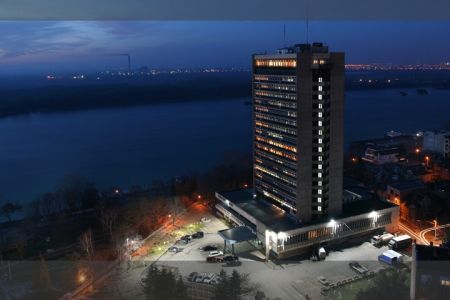
RUSE
 Ruse is the largest Bulgarian city along the Danube and the fifth largest city in the country, after Sofia, Plovdiv, Varna and Burgas. It is located on the northeastern border of the country with Romania. The city is the administrative center of the municipality of Rousse and the district of Rousse, as well as economic, transport, cultural and educational center of regional and national importance.
Ruse is the largest Bulgarian city along the Danube and the fifth largest city in the country, after Sofia, Plovdiv, Varna and Burgas. It is located on the northeastern border of the country with Romania. The city is the administrative center of the municipality of Rousse and the district of Rousse, as well as economic, transport, cultural and educational center of regional and national importance.
Ruse is one of the cities in Bulgaria that attracts both with its magnificent architecture and its rich historical past. Millennia ago (from the 2nd century BC) on the site of today's city there was the ancient Roman fortress Sexaginta Prista, which served as a fortress and port on the border of the Roman state. There are archeological finds that testify to the existence of a Thracian settlement before the emergence of Sexaginta Prista. After the devastation of the medieval town of Cherven, which was among the important centers of the Second Bulgarian Kingdom, near the capital Tarnovgrad, many of the inhabitants of the ruined fortress migrated to the growing settlement in present-day Ruse.
Ruse is the hometown of a number of Bulgarian Revivalists, guardians of the Bulgarian spirit, revolutionaries and participants in the Liberation. After the Liberation the city was the most populous, but also the most modern city in the Principality of Bulgaria.
Ruse is often called "Little Vienna" in Bulgaria because of the numerous buildings-monuments of culture, whose architecture includes the styles of neo-baroque, modern, neoclassical and secession.
The motto of Ruse is "City of the free spirit".




